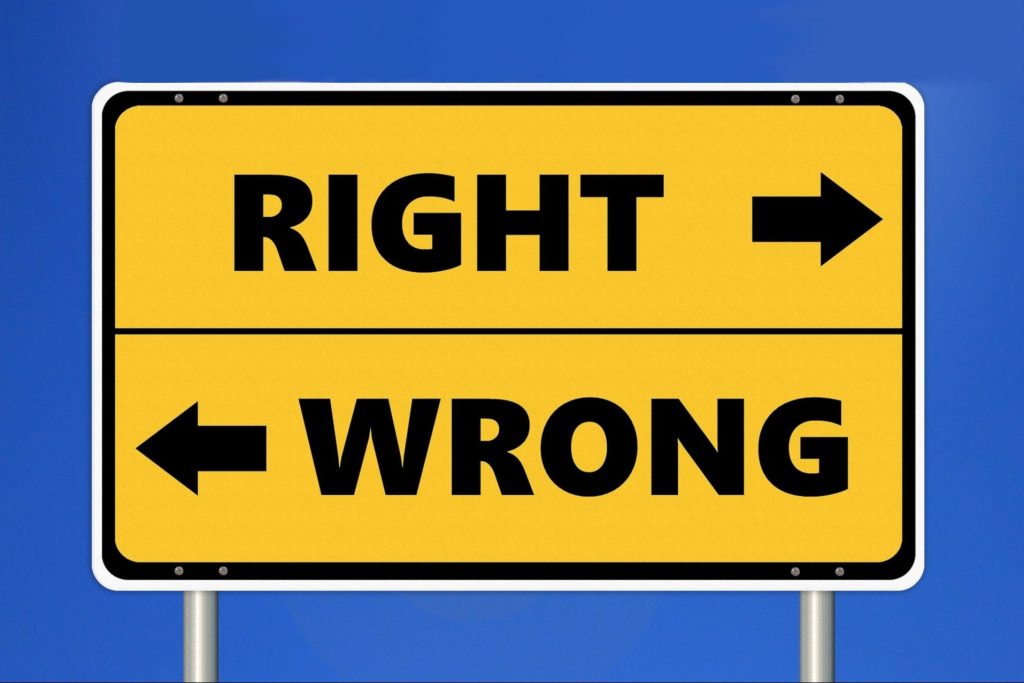Why Business Ethics Matter More Than Ever

Running a business is a constant balancing act: managing finances, hitting targets, and keeping morale up. But beyond the numbers, have you stopped to consider the ethics of your organisation?
Ethics in business is no longer optional. Society expects companies to act responsibly, not just legally. Following the law is the baseline; to be seen as ethical, businesses must go further, making conscious choices that protect people, communities, and the environment. Corporate social responsibility is not a side project. It is now central to how companies are judged, how trust is earned, and how long-term success is secured.
The Reality of Ethical Practice
For some leaders, operating ethically feels instinctive. For others, it is more complex. Every decision — from waste disposal and supplier relationships to staff welfare and product sourcing — carries ethical implications. The larger your company grows, the greater the impact and the higher the scrutiny.
Transparency has become non-negotiable. Social media, employee review platforms, and investigative journalism make it easy for customers and staff to call out poor practices. At the same time, consumers and investors are more informed than ever, researching supply chains, environmental footprints, and business values before making decisions. Ethical credibility is now a commercial advantage, not just a moral one.
Embedding Ethics into Culture
The challenge is not usually a lack of care. Most companies want to do the right thing. The difficulty lies in turning good intentions into consistent behaviour across the workforce and the supply chain. If employees do not clearly understand the company’s values, how can they reflect them in their actions?
A Code of Conduct is a useful tool, but real impact comes when ethics are integrated into strategy, leadership, and daily decision-making. That means:
- Embedding ESG (Environmental, Social, Governance) principles into reporting and strategy, not just compliance tick-boxes.
- Prioritising sustainability, from reducing emissions to designing circular supply chains.
- Championing diversity and inclusion, ensuring that workplaces reflect the societies they serve and that opportunities are open to all.
- Applying AI and data responsibly, with safeguards for privacy, fairness, and transparency.
- Holding suppliers to the same standards, ensuring responsible sourcing and labour practices throughout the value chain.
Recruitment and leadership also matter. Hiring for values as well as skills helps prevent ethical misalignment. Leaders must set the tone by modelling integrity, being transparent about mistakes, and holding themselves accountable.
The Bottom Line
An organisation is only as ethical as the people within it, but leadership defines the culture. Ethics must influence not only how staff treat customers and colleagues but also what products are created, which markets are entered, and which partnerships are pursued.
When companies view ethics as central to culture and strategy, the benefits extend far beyond risk reduction. Ethical businesses build stronger brands, attract and retain top talent, secure investor confidence, and earn lasting customer loyalty. They also position themselves ahead of regulation by proactively addressing issues that governments and industries will inevitably legislate on.
Ethical business is not a trend. It is the foundation of sustainable growth in a world where accountability, transparency, and responsibility are expected. Companies that commit to this wholeheartedly will not only survive scrutiny, they will define the future of business.
Written By Leyla Hussein

